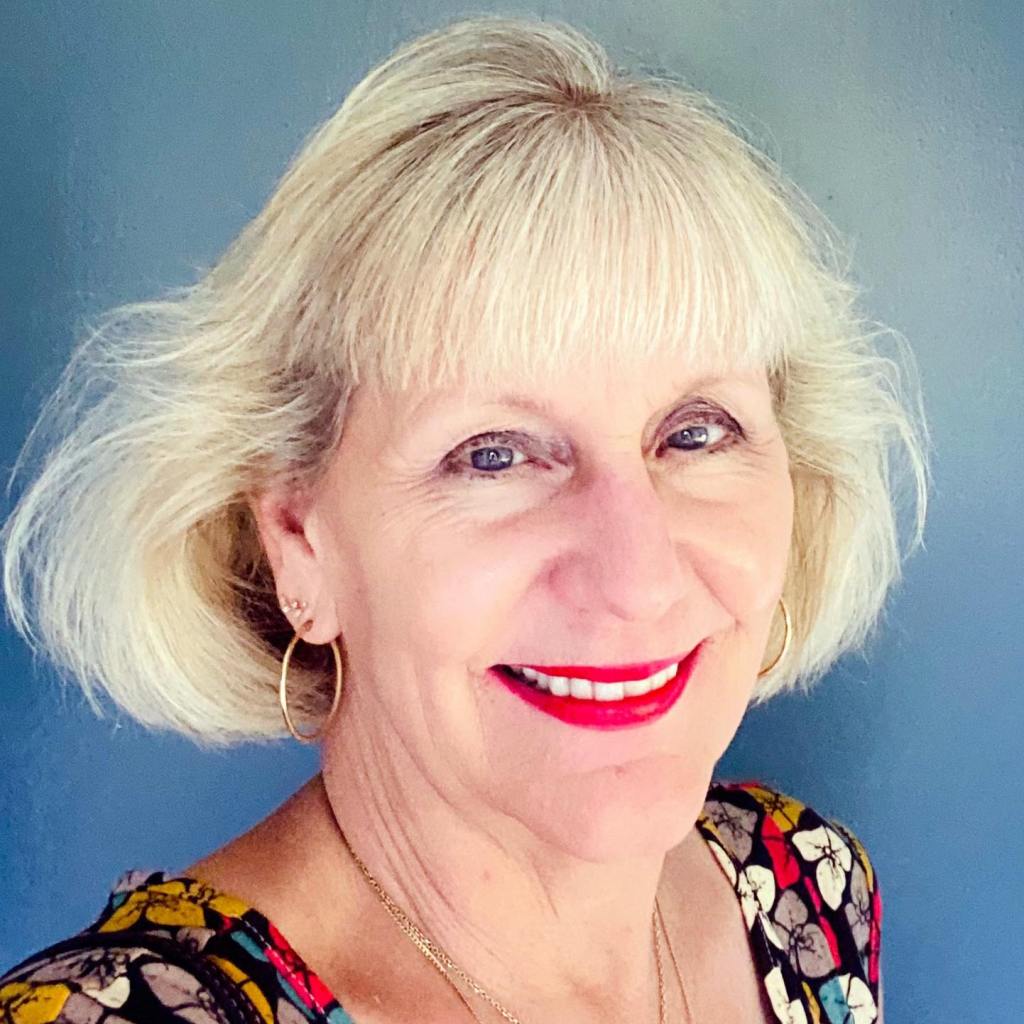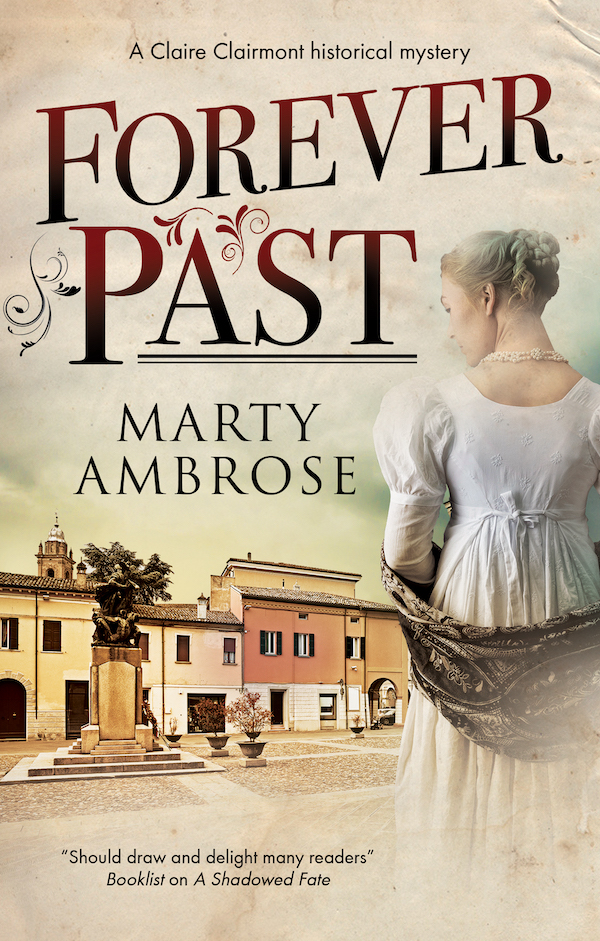We are going to talk today with Edward John Trelawny at the Palazzo Marciano in Livorno, Italy. An adventurer, writer, and raconteur, he is known mostly as the most dashing member of the Byron/Shelley circle in historic Pisa; but, he is a complicated and brilliant man in his own right, whom Lord Byron referred to as the “personification of my Corsair.” Welcome, Trelawny!
- Firstly, I want to ask you about Byron’s reference to you as the “personification of his Corsair”—a poem he wrote about a pirate. Do you think that’s true?
Edward Trelawny: [laughing] Not exactly. I was never a pirate but, as a boy, I did read about the French corsair, Robert Surcouf, and I went to sea because I was a rebellious sort of boy. I ran away at the age of thirteen to join the Royal Navy as a volunteer (I was too young to actually take on a commission) and traveled on ships from Bombay to the Cape of Good Hope. The rough lifestyle aboard a sailing vessel made a man of me. But . . . I did not like the discipline of the Navy and was often sent to the masthead as punishment for some kind of minor infraction. Perhaps I would have been better off becoming a pirate after all.
- Before we talk about your relationship with Claire Clairmont, maybe you could tell us a little more about yourself. I’m sure our readers would find your own history quite interesting.
Edward Trelawny: Certainly. As you can tell from my surname, I am Cornish. My family had modest means but an extensive ancestral lineage and my father, though a baronet, had a fiery temper. A tyrant really. Hence, the reason I left home at such a young age. And, of course, I always had a wanderlust to see the world. After I left the Navy in my twenties, I lived in Switzerland, Italy, Greece, and then back to England. I even visited America and thought about starting a Utopian community there, but something always drew me back to Europe.
- Was that “something” Claire Clairmont?
Edward Trelawny: Well, she has been at the center of my life for over fifty years. My dearest friend. My closest ally. My one and only true love. I will not deny that I have known other women and even married three times. But my heart always, always belonged to Claire from the moment I met her in Pisa in 1822. She was breathtaking with her exotic beauty and sparkling personality. And, while she has grown more advanced in years (as I have), she has lost none of her spirted nature. We have been separated by great distance at times during our lives, yet we never lost contact—and her witty letters have been such a comfort to me. To be sure, I asked her to marry me more than once, but she preferred her independence, much to my dismay and disappointment . . . At least now I have the opportunity to be with her again on the quest to find Allegra.
- Do you think other people have come between the two of you?
Edward Trelawny: I assume you mean Lord Byron. I will not deny that Claire has been haunted by his ghost, and I cannot blame her. We all were caught up in his orbit. He was like a comet in our lives, lighting up the world and then plunging it into darkness again when he died. There has been no one like him—before or afterward. And it is difficult to describe what it was like to know him: there was the famous poet, brilliant and erratic; the revolutionary who inspired us to follow him to fight for the Greek Independence; and there was the man whom I came to call my friend—amusing, loyal, and generous. He had many different sides—a chameleon, as he called himself. Certainly, he could be outrageous, even petty, at times, but who is perfect? As Claire said, he was an easy man to love and admire but not an easy one to know, even though we all tried.
- After Byron perished in Greece in 1824, you stayed in Greece and continued to fight for their cause. How did that turn out?
Edward Trelawny: Well, Greece declared its independence when the Treaty of Edirne was signed in 1829, so you may judge for yourself. After Byron died in Missolonghi, I stayed and fought side-by-side with Odysseus, a warlord leader who was almost like a brother and, at one point, we commanded five thousand troops. It was a long and arduous war, but it had a glorious conclusion. Sadly, as is often the case, the men who risked their lives in battle are no longer needed when peace is declared. Odysseus was executed, and I was a victim of an attempted assassination; the bullet is still lodged in my back.
- Did you not marry Odysseus’s sister?
Edward Trelawny: That is another story [he clears his throat]. But enough of an old soldier’s reminiscences. I grow tedious . . .
- Not at all. Actually, I was going to ask if there was one incident that stood out as the most horrific for you?
Edward Trelawny: Yes, though it did not occur during battle. It happened when Shelley drowned in Italy during the summer of 1822. I still recall it as if it were only yesterday. He had gone out sailing with his friend, Edward Williams, and they ran into a squall near the Bay of Spezia which caused the boat to go down, killing the two of them. We did not know for days what had happened, even though I met constantly with the Italian Coast Guard. Eventually, their bodies washed ashore near Livorno, and I had to oversee their cremation on the beach. Never will I forget that awful scene of seeing my dear friend consumed by fire into ashes. Byron was there, but could not stand it and began to swim off shore, but I remained until the task was finished.
- What a tragic story.
Edward Trelawny: Indeed. One of my greatest regrets is that I introduced Shelley to sailing. If I had not done so, perhaps he would not have perished at sea. Who can say for certain? Life is full of these twists and turns.
- Do you have any other regrets?
Edward Trelawny: I will never stop reproaching myself for not telling Claire that her daughter, Allegra, might still be alive. Byron swore me to secrecy, and I know that revealing the truth might have placed Allegra at risk, yet it was still a deception. I am only grateful that Claire has forgiven me.
- Do you think she might also reconsider sharing her life with you?
Edward Trelawny: We shall see.
- I can only hope! Any final comments?
Edward Trelawny: In spite of being friends with Byron and Shelley, I never wanted to be a great poet, but I wanted to have a great life. And I did.
Thank you for speaking with us today.

Marty Ambrose is the author of a historical mystery trilogy: Claire’s Last Secret, A Shadowed Fate, and Forever Past, all set around the Byron/Shelley circle in nineteenth-century Italy. Her novels have been published by Severn House (U.K. and U.S.) and Thomas Schluck (Germany), earning starred reviews in Publisher’s Weekly, as well as finalist status in the Florida Writers Association’s Literary Palm Award. Her work has been featured internationally in blogs, journals, and websites.
Marty teaches English at Florida Southwestern State College and has been a faculty member in the SNHU Creative Writing MFA program; she was a NISOD winner for faculty excellence, grant award recipient, and Master Teacher. She completed her M.Phil. at the University of York (England) and teaches nineteenth-century British literature, composition, and fiction writing. She has also given numerous workshops in the U.S. and abroad on all aspects of creating/publishing a novel.
She has edited the FSW literary journal, served on student scholarship boards, and is a member of The Byron Society, Historical Novel Society, and Women’s Fiction Writers Association.

